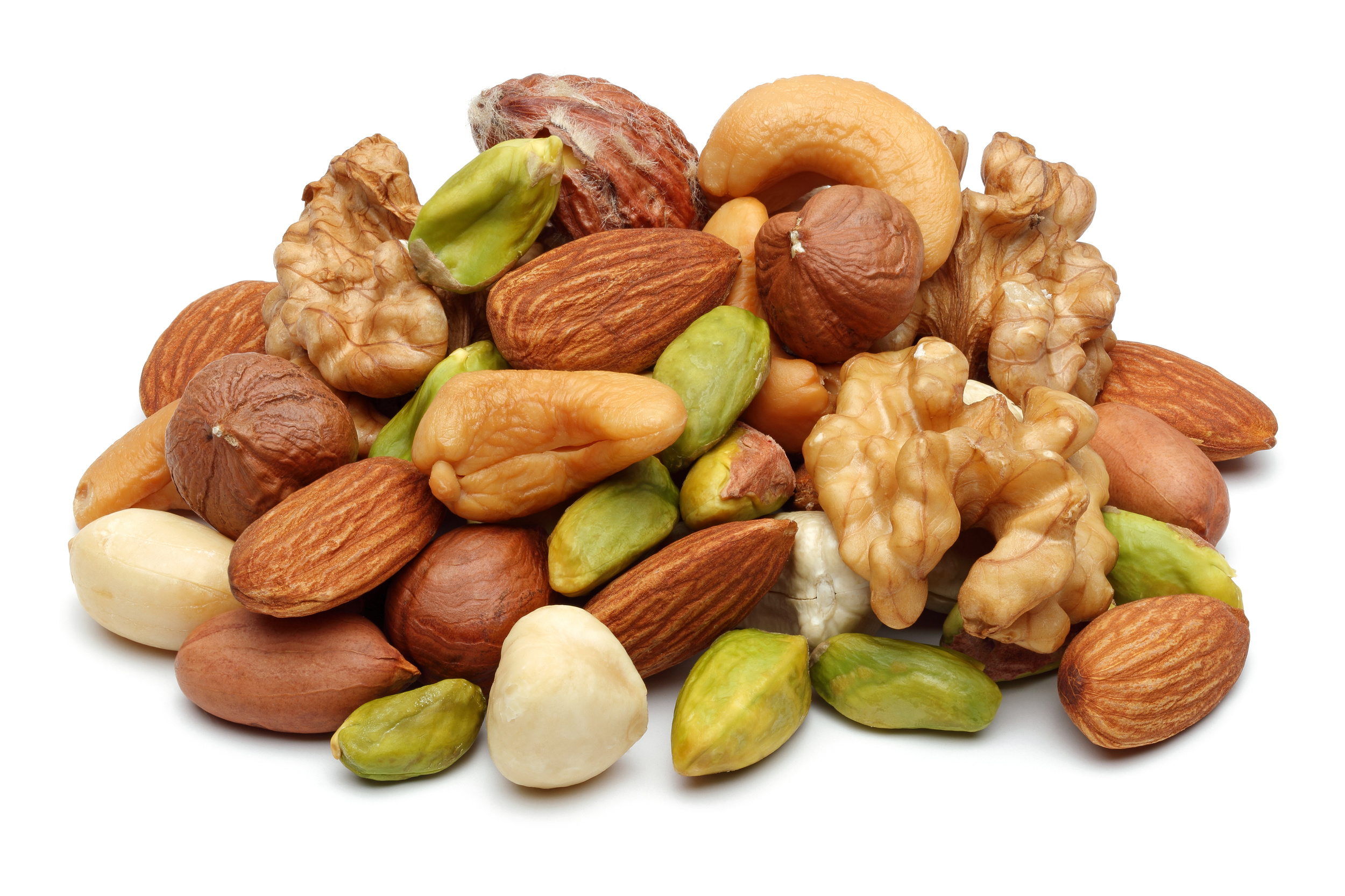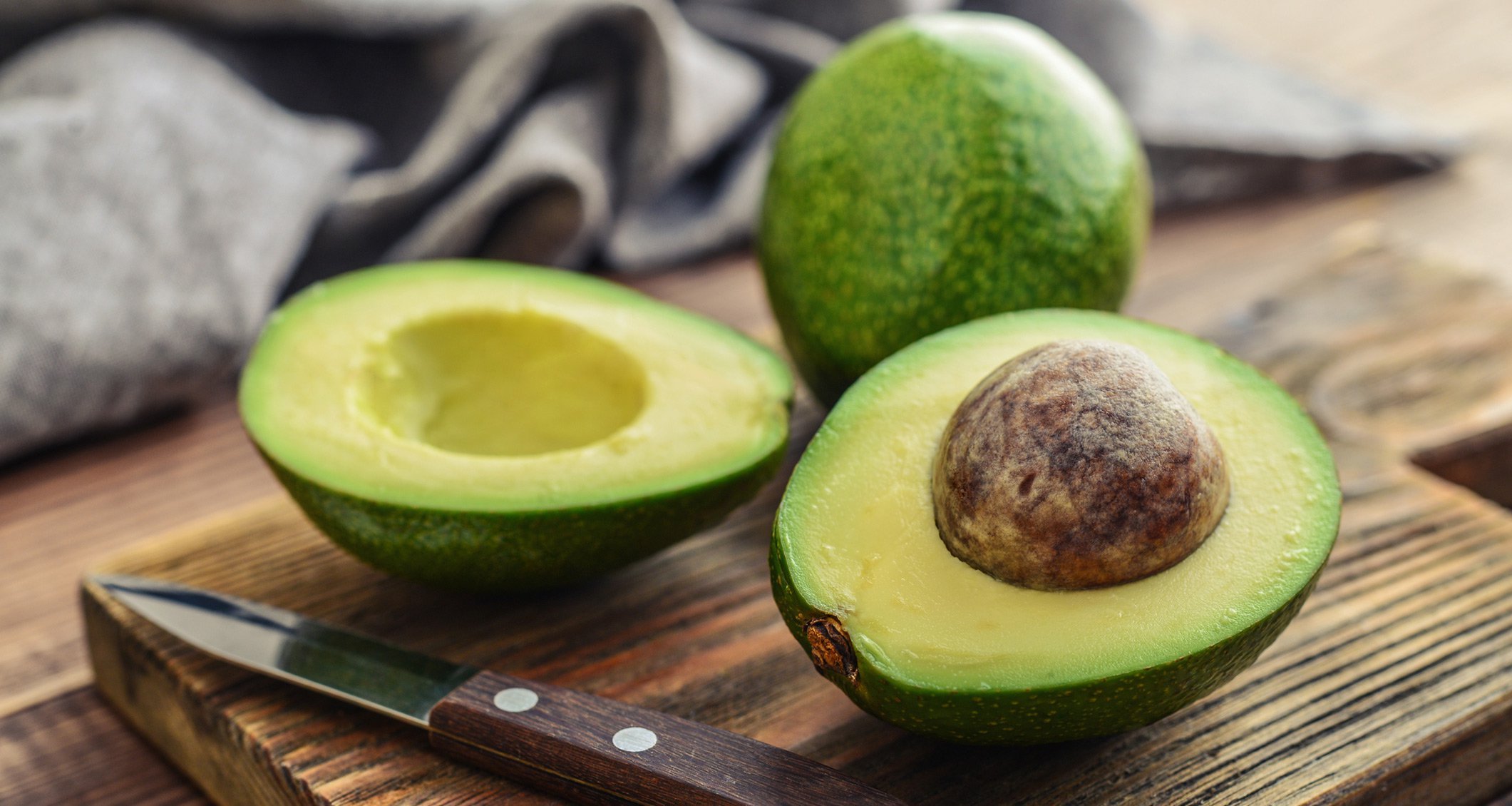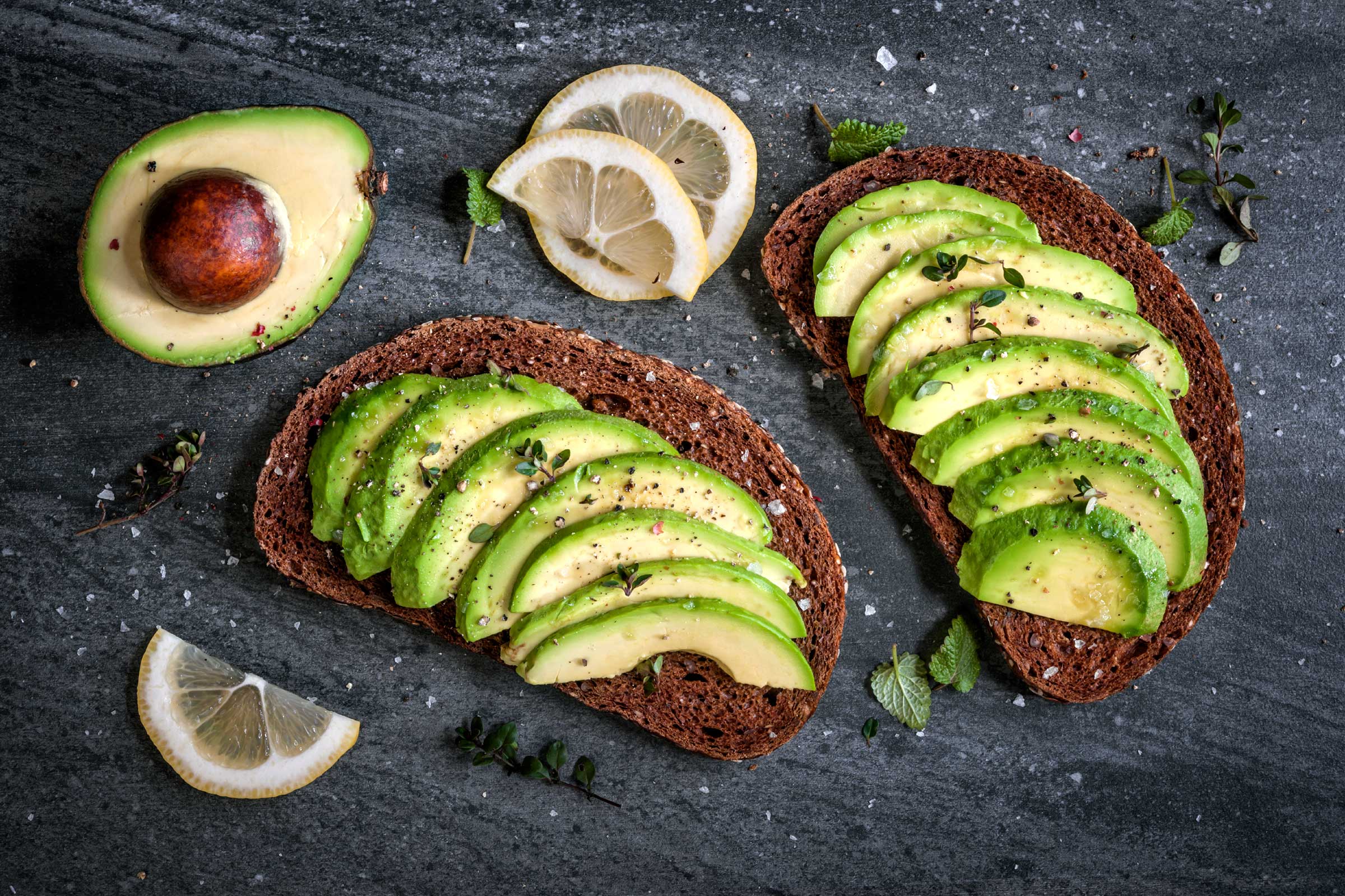Does anyone remember back in the ’90s when the word and meaning of “fat” were demonized, people started eating more sugar, refined carbs and processed foods instead?
Well, times are changing sis. In fact, healthy fats are now an essential part of our diets. Why? Because our bodies need fat for energy, to protect the organs and to promote the growth of cells. Fats also help the body absorb nutrients like vitamins A, D, E, and K and contribute to producing hormones.
Eating healthy fat also keeps us full after a meal, can lower blood pressure, and help ward off heart disease, dementia and some cancers.
Let’s try and remember that not all fats are created equal; fat from an avocado is undoubtedly not in the same category as fat from a serving of french fries from McDonald's. According to most dietitians, roughly 20 to 30 percent of our daily caloric intake should come from fats, and ideally, we aim for only ingesting healthy fats.
So, what makes it a “healthy fat?”
Monounsaturated fatty acids and polyunsaturated fats are typically found in plant-based oils and foods, and they are known to aid in reduced blood cholesterol levels, lowering the chance of heart disease. They also help to slow the buildup of plaque in the blood vessels and reduce inflammation, as well as helping to promote healthy insulin levels.
Omega-3 fatty acids, which can be found in oily fish, walnuts, and chia seeds also protect against memory loss and dementia. Omega-3’s are even essential for brain development, so they’re an integral part of a healthy diet for those that are pregnant.
Although saturated fats are generally consumed less often, some saturated fats such as those found coconut oil and grass-fed butter have been suggested as healthy alternatives after all.
So, what are some foods that contain healthy fats we should be eating?
NUTS AND SEEDS

Photo: What To Eat
Ok, here is the lineup for your next grocery run. When you walk the aisles, fill your carts with almonds, walnuts, pistachios, and hazelnuts, as they are all prominent sources of healthy fats. Be sure to mix it up and to only eat the recommended serving amount, as different nuts have different vitamin and mineral benefits. As far as seeds go, chia and flax are full of heart-healthy omega-3 fatty acids, but we also gain from omega-6 rich hemp seeds like sunflower and pumpkin. If you want a little variety, sesame seeds not only contain healthy fats but are also a great source of calcium, which is always a win-win.
AVOCADOS

Photo: Food Revolution Network
Avocados are packed with monounsaturated fat. Nearly 80 percent of the calories in an avocado are from fat, which contains oleic acid, which is described as an unsaturated fatty acid present in many fats and soaps. With this acid present, it has been shown to reduce inflammation, among other benefits.
OILS

Photo: Everyday Health
Cold-pressed oils like extra-virgin olive oil, canola oil, grapeseed oil and avocado oil are rich in monounsaturated fats. Olive oil is excellent for cooking as well all know, as are canola and avocado oils. But newcomer’s flax seed and sesame are also great contenders for making homemade dressings. Although Tran’s fats and hydrogenated oils are usually a big red flag in the health department, some fats, including ghee and coconut oil, that are naturally solid at room temperatures, are now suggested as healthy fats. The oil from the coconut is pressed from the fruit of the coconut palm tree; it is an increasingly popular alternative to butter because studies suggest that “saturated fat effects outweigh any beneficial effects of the antioxidants.” As for ghee, it contains several fat-soluble vitamins, including vitamins A, E and K. Ghee benefits include improving digestion, reducing inflammation and strengthening the bones, among others. Try and only utilize 1-2 tablespoons of healthy fats daily.
FATTY FISH

Photo: Natural News
Salmon, mackerel, herring, and trout are all excellent source of omega-3 fatty acids because they are up in protein and low in saturated fat. Current dietary recommendations suggest at least two servings of oily fish per week. But, for all those vegetarians out there that don’t consume fish, don't fret. There are oil supplements out there that are a decent alternative source of omega-3.
Ready. Set. Boss. Our daily email is pouring out inspiration with the latest #BlackGirlBossUp moments, tips on hair, beauty and lifestyle to get you on track to a better you! Sign up today.
